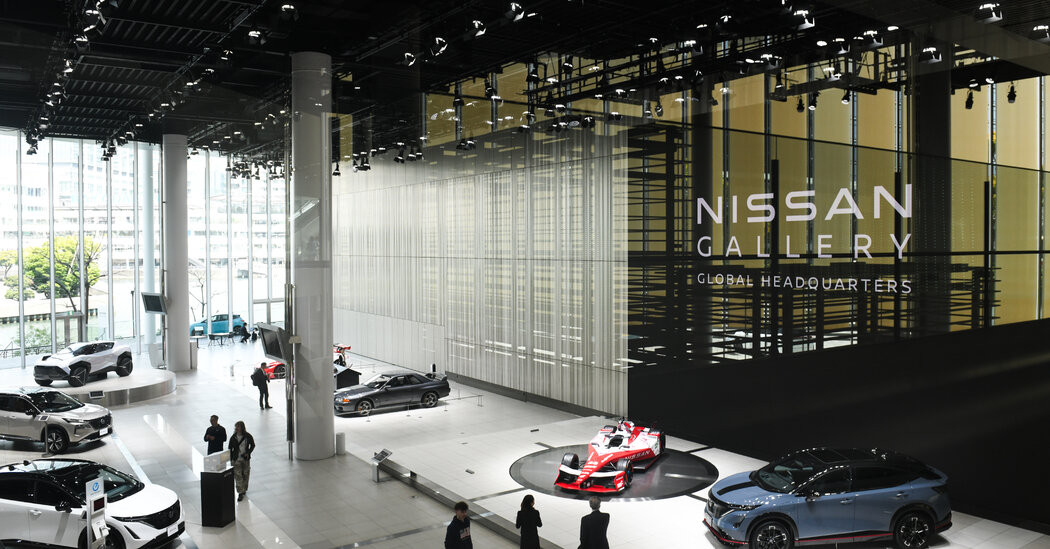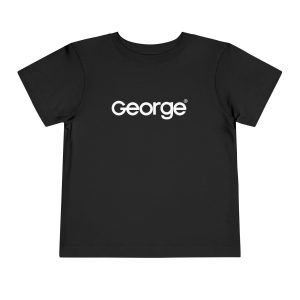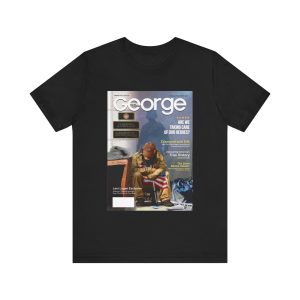Subtotal: $139.90


Negotiations have stalled ahead of next week’s deadline, with some suggesting Japan misjudged the depth of President Trump’s frustration over Tokyo’s policies.
Late last month, Japan’s chief U.S. trade negotiator, Ryosei Akazawa, chatted with officials gathered at an embassy event in Tokyo. Japan’s top power company had pledged to buy up to 5.5 million tons of U.S. natural gas each year for two decades. That was a good start, Mr. Akazawa said, but could it perhaps double it?
The remarks from Mr. Akazawa, relayed by two people who spoke on the condition of anonymity to discuss the private event, highlighted the bind Japan has landed in days before July 9, when Mr. Trump has indicated his pause on so-called reciprocal tariffs would expire.
In monthslong negotiations with their counterparts in the United States, the biggest buyer of Japan’s exports, Japanese officials have extended a number of offers they expected to be well received. They pledged to purchase more American energy products and defense equipment, and to help the United States in areas like shipbuilding.
Yet none of those overtures convinced Mr. Trump to back down on across-the-board reciprocal tariffs — initially set at 24 percent on Japan — or to remove a separate 25 percent tariff on cars that has hammered Japanese automakers.
In recent days, Mr. Trump has emphasized his grievances with Japan over two core issues. He believes it is unfair that Americans buy Japanese-made cars in abundance while American cars in Japan are few and far between, and that Japan imports relatively small amounts of American rice. On Tuesday, he said he doubted a trade deal was attainable before next week’s deadline.
So far, the Trump administration has reached preliminary agreements on tariff reductions with only two countries, Britain and China, highlighting the difficulties major U.S. trade partners have encountered in negotiations. Still, some trade experts suggested Japanese negotiators may have miscalculated by offering concessions peripheral to the issues that have for decades frustrated Mr. Trump. Mr. Akazawa’s office did not immediately respond to requests for comment.



